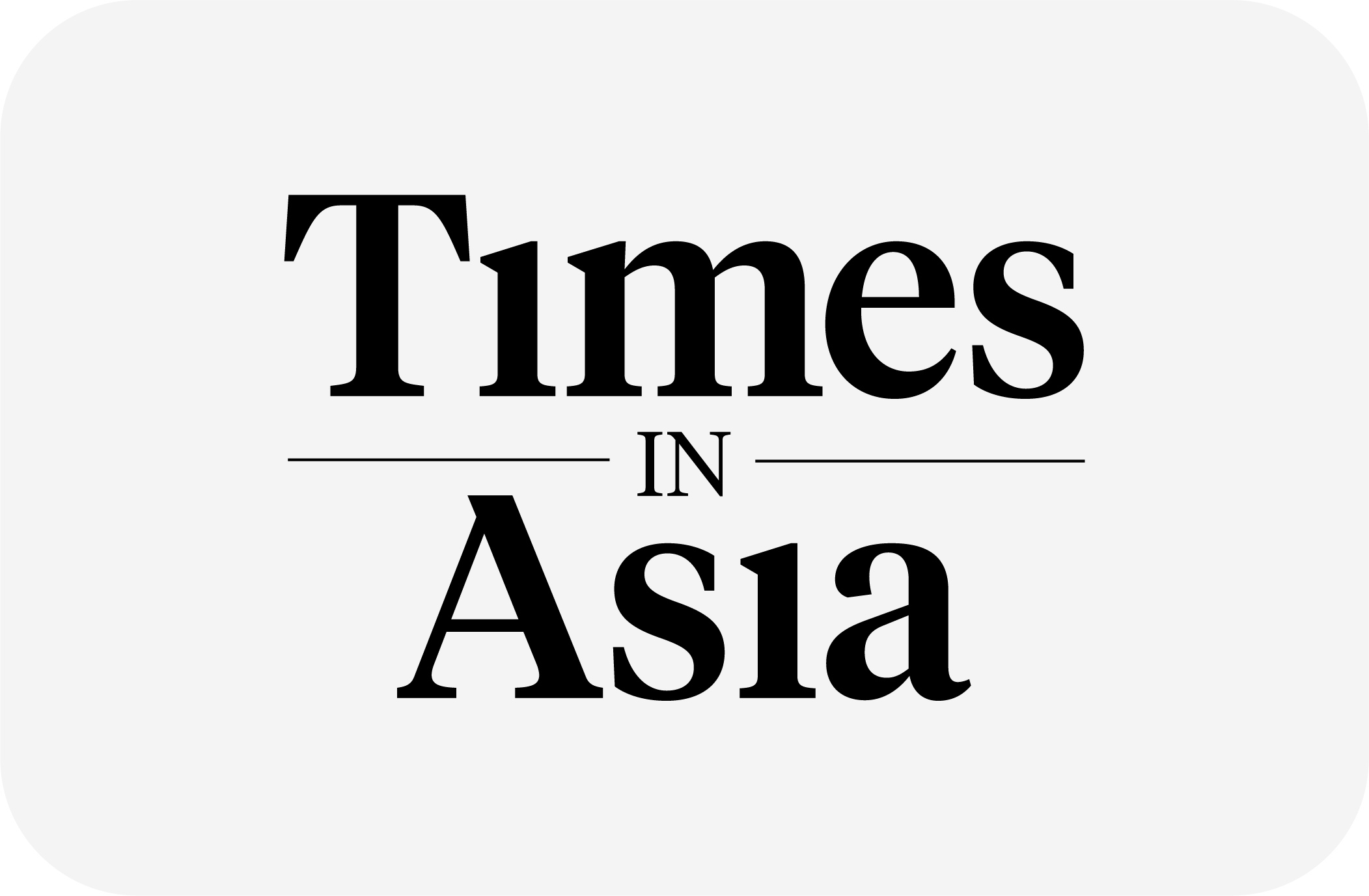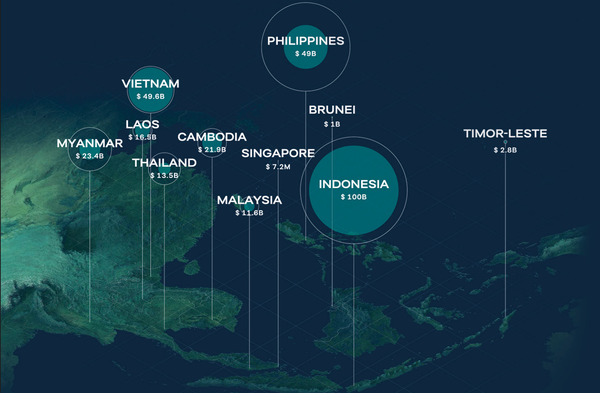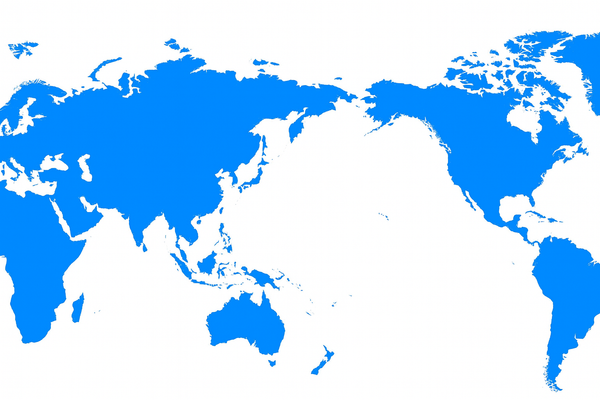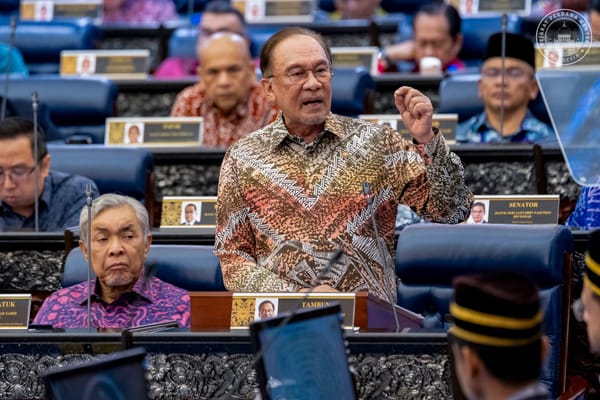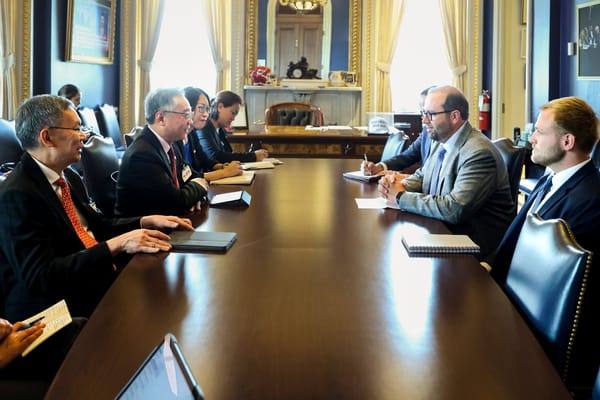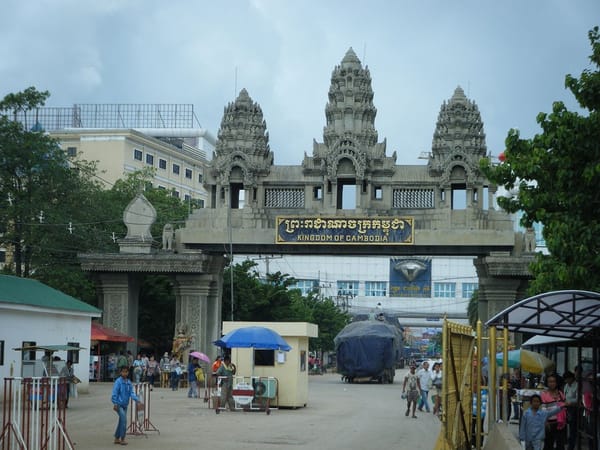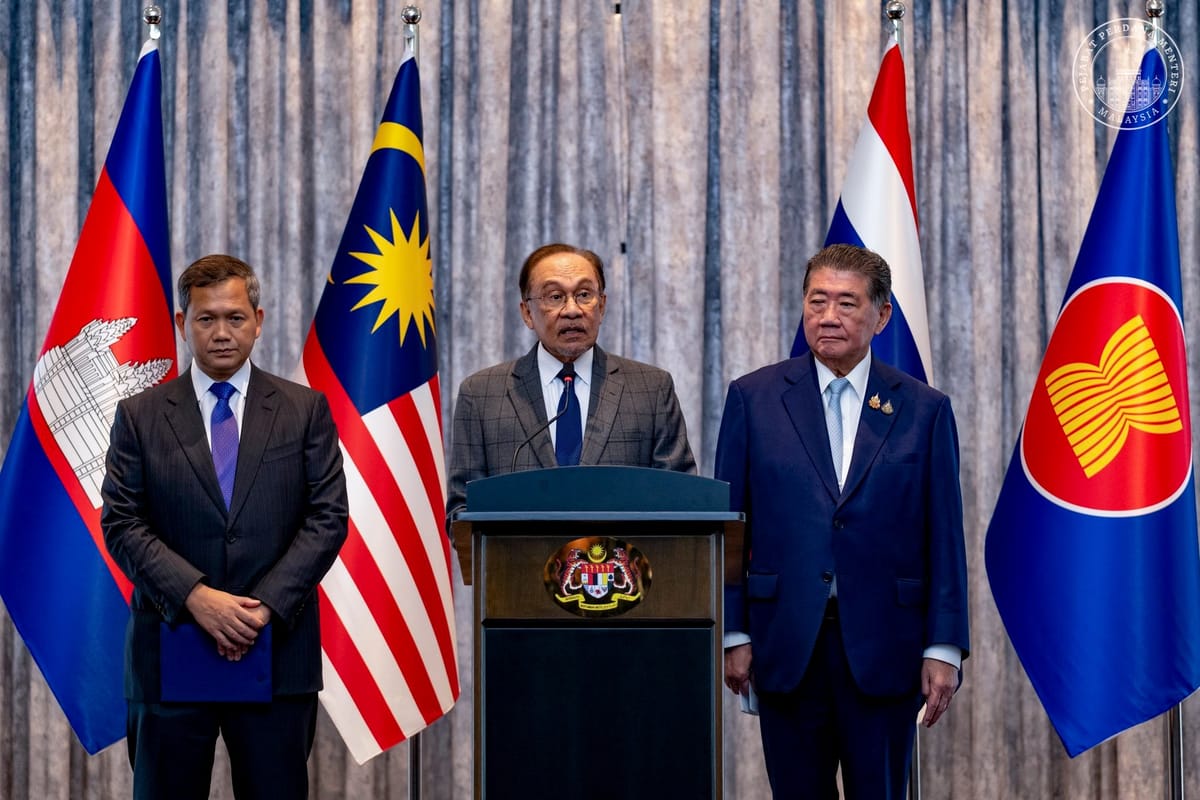
Thai-Cambodian ceasefire holds despite border flare-up
A fragile ceasefire between Thailand and Cambodia held on 28 July, despite Thai reports of renewed gunfire near contested stretches of their shared border. While Thai military sources accused Cambodian forces of violating the truce within hours of its midnight start, both sides quickly re-engaged in military-level talks and reaffirmed their commitment to the agreement, according to official statements and international media.
The ceasefire was brokered in Malaysia on 27 July after five days of deadly clashes that left between 38 and 43 people dead and forced the displacement of between 260,000 and 300,000 civilians, news agency Reuters reported. The deal, described by negotiators as “immediate and unconditional”, was supported by China and the US.
Early violations alleged, but truce reaffirmed
Fighting erupted on 24 July, one day after a Thai patrol reportedly struck a landmine in the disputed border zone. Cambodian officials later claimed that Thai jets crossed into Cambodian airspace and accused Bangkok of escalating the conflict. Intense exchanges of fire were reported over the following days.
Shortly after the truce came into effect at midnight on 28 July, Thai military sources said Cambodian troops launched mortar and small-arms fire near the Ta Muen Thom temple and in Nam Yuen district, Ubon Ratchathani province. The Royal Thai Armed Forces stated they returned fire but did not report any casualties. Cambodian authorities denied violating the ceasefire, insisting their troops maintained defensive positions throughout.
Rather than escalating, the two militaries resumed direct communication. Informal field-level meetings were held on 29 July near the border, during which commanders from both sides agreed to suspend patrol movements, avoid provocations, and begin facilitating the return of wounded personnel and displaced civilians. The bilateral General Border Committee is scheduled to reconvene on 4 August to formalise deconfliction mechanisms.
Diplomatic efforts intensify
Thailand lodged formal diplomatic communications with Malaysia, China, and the United States to express concern over the alleged breaches. Nevertheless, international monitors noted that the ceasefire largely held. United Nations officials and ASEAN envoys described the situation as “tense but stable”.
While Thai Prime Minister Srettha Thavisin and Cambodian Prime Minister Hun Manet have not met directly, both governments issued statements calling for restraint and “constructive engagement under ASEAN frameworks”.
| Date & Time | Event |
|---|---|
| 28 July, 00:00 (17:00 GMT, 27 July) | A ceasefire agreement between Thailand and Cambodia officially takes effect, following Malaysia-led negotiations supported by the US and China. The deal is described as “immediate and unconditional.” |
| 28 July, 02:00–06:00 | Thai military claims Cambodian forces violated the ceasefire by launching mortar and small arms attacks near Ta Muen Thom temple and Nam Yuen district, Ubon Ratchathani. Thailand responds with return fire. |
| 28 July, Morning | Cambodia denies violating the ceasefire, claiming its forces maintained defensive positions. Clashes reportedly continue intermittently across at least two sectors of the frontier. |
| 28 July, Afternoon | Thailand files formal diplomatic protests with Malaysia (as ASEAN chair), the US and China, accusing Cambodia of breaking the agreement. Civilian displacement continues across Surin, Si Sa Ket and Oddar Meanchey. |
| 29 July, Morning | Military-to-military talks scheduled in Surin are postponed. However, Thai and Cambodian field commanders meet informally at the border and agree to deconflict patrols. The situation remains tense but quiet. |
| 29 July, Evening | Reuters and local media report limited return of displaced residents to border areas. |
Civilians begin to return
By 29 July, limited numbers of displaced residents began returning to homes in Surin and Si Sa Ket provinces under military escort. Authorities warned civilians to avoid certain border zones due to unexploded ordnance and ongoing security patrols. Cambodian civilians were also reported to be returning in parts of Oddar Meanchey province.
Humanitarian agencies say hundreds of thousands remain in temporary shelters. Relief coordination between Thai and Cambodian provincial authorities continues with assistance from international non-governmental organisations.
